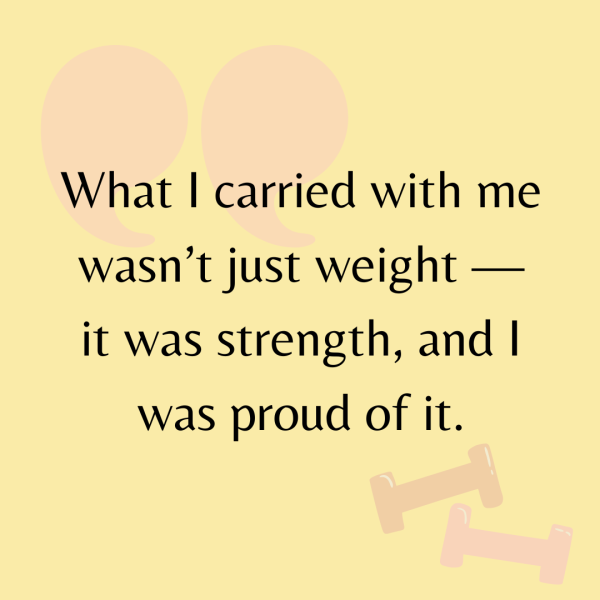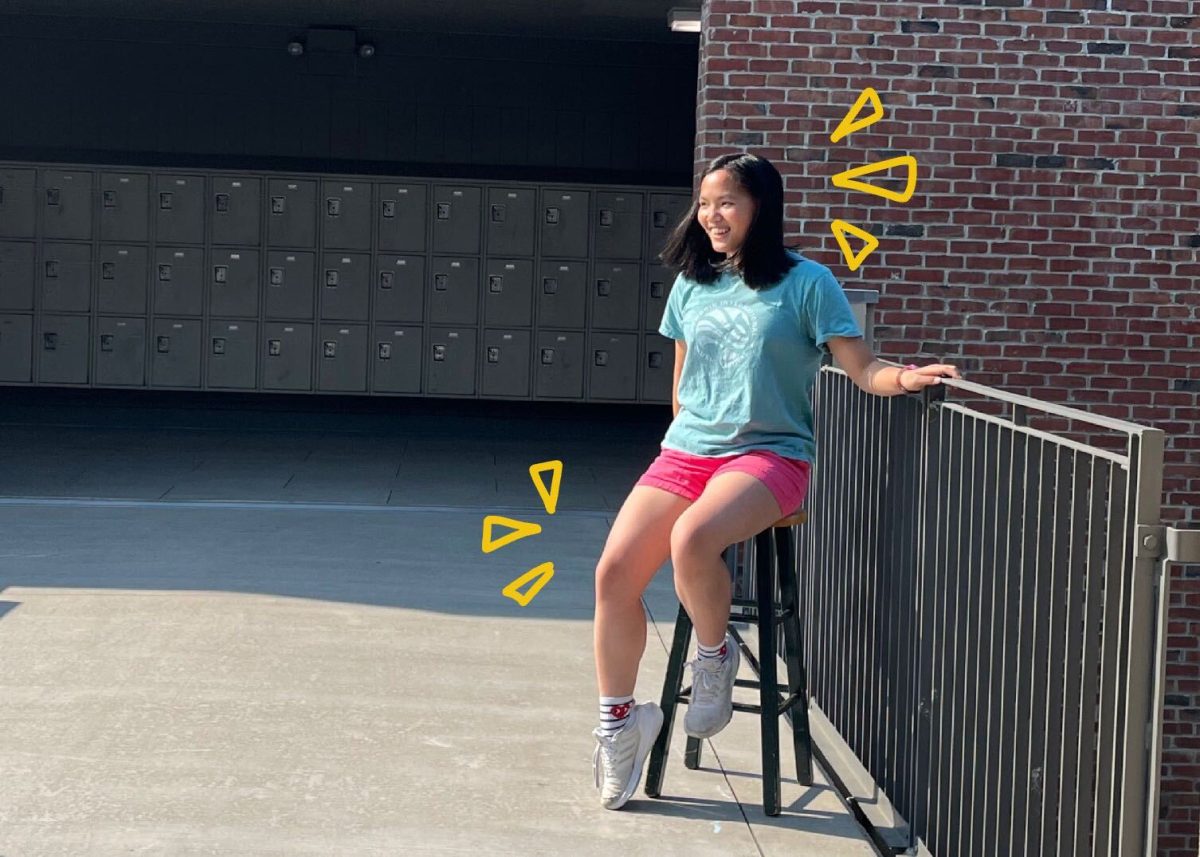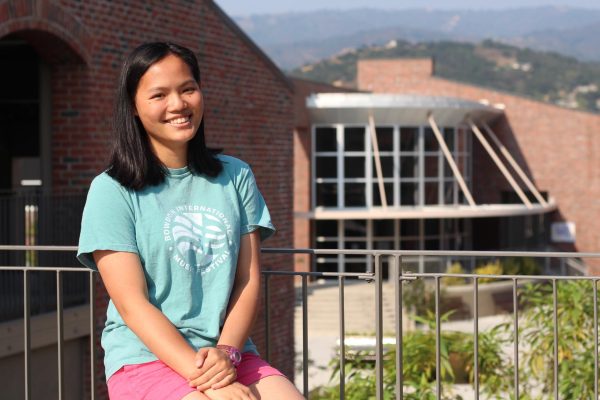Content Warning: This article mentions eating disorders and body image issues.
“And … let’s place you here.”
The photographer for my kindergarten class photo guides me to the middle of the back row, three rows away from my best friend in the front row. I look to my left and right, not recognizing the kids I’ve just been placed next to despite being in the same class. My eyes move toward my best friend, who is sitting with our other friends and chatting happily as we wait for the photographer to capture our annual class photo. In that moment, I wanted more than anything to be like her: someone who was a “regular” height for a 5-year-old.
I’ve always been tall. I was the one kid in elementary school classes who stuck out — the one who seemed impossibly big among everyone else, the one stuck in the back of group photos because my height meant I needed to give the spotlight to others. I was the one who never seemed to need attention because I looked like I could handle myself.

Knowing I’ve been different caused a constant awareness of my size in relation to others, festering into self-hatred when I was younger. I hated how my parents would joke about how much I loved eating. I hated how much it was shown, through my body, that they were right. I hated that at birthday parties and playdates, I looked so much older than the other children. From a young age, I hated myself and my body.
As a musician and performer, I’d also detest moments in the spotlight, especially in situations where I was compared to others. I remember one piano competition where they called all the winners to the front, and when I stepped forward I easily towered over the other kids. I noticed how parents looked at each other in disbelief, convinced that I didn’t belong in that age category as I stood there quietly, feeling ridiculously out of place.
When the other winners and I came back into the audience to reunite with our parents, one parent asked my mom how old I was. When she responded that I was 12, the other parent didn’t look convinced. She looked me up and down again, then back at her own daughter, who was almost half my size.
Immediately, I grew conscious of my arms and my shoulders, hating how exposed they were in the dress I was wearing for the competition. Suddenly, I didn’t really care that I had just won; all my thoughts centered around my body and how I wished I could look more like that woman’s daughter.
My body image issues were exacerbated when I reached middle school: an age where everyone started paying attention to their body and how they dressed. I saw how I looked in shorts in comparison to my friends’ and decided I wouldn’t wear shorts or anything that showed my legs ever again.
When my self esteem was at its lowest, I would spend school nights watching “what I eat in a day” videos with concerningly low calorie counts to motivate myself to do the same. Continually, I would search up “tw: eating disorder” videos without knowing anything about what it meant; I just wanted these peoples’ bodies and their willpower not to eat. Green tea is 0 calories. Fruit and rice cakes can fill you up. Water is enough.
Years went by, and my body image issues persisted. I remained the tallest one in my friend group, always in the back of pictures and unsatisfied with how I looked. I grew to view my dislike for my body as a norm, and no longer tried anything to change it.
Then, I made the decision to take weight training my senior year of high school.
At first I felt self-conscious about my body while I was working out, because while I was exercising, I felt embarrassed about how I looked. I would glance at myself in the mirrors of the weight room and notice how big my thighs were and how unathletic I looked in comparison to some of the other students in my class. But as I progressed, focusing only on myself and my own progress as I took exercising more seriously,

I started to really enjoy utilizing my body in this way.
When I could stop focusing on how I looked in the mirrors, I realized that finally, I found something that celebrated my body for what it could do, rather than how it looked. I found myself loving my arms for how much I could bench press, my legs for how much I could squat, things that I might not have been capable of with the smaller body I used to want.
What I carried with me wasn’t just weight — it was strength, and I was proud of it.
I’m still in the process of loving every part of my body. There are definitely ups and downs, moments when I succumb to comparison and suddenly feel embarrassingly aware that my body isn’t like others, but at times like these I think back to the things I am able to accomplish in the weight room.
It’s enough for me to be happy with the body I’ve got.
Resources for those struggling with body image:










